‘City dwellers don’t see the efforts agriculture is making in terms of environmentalism’
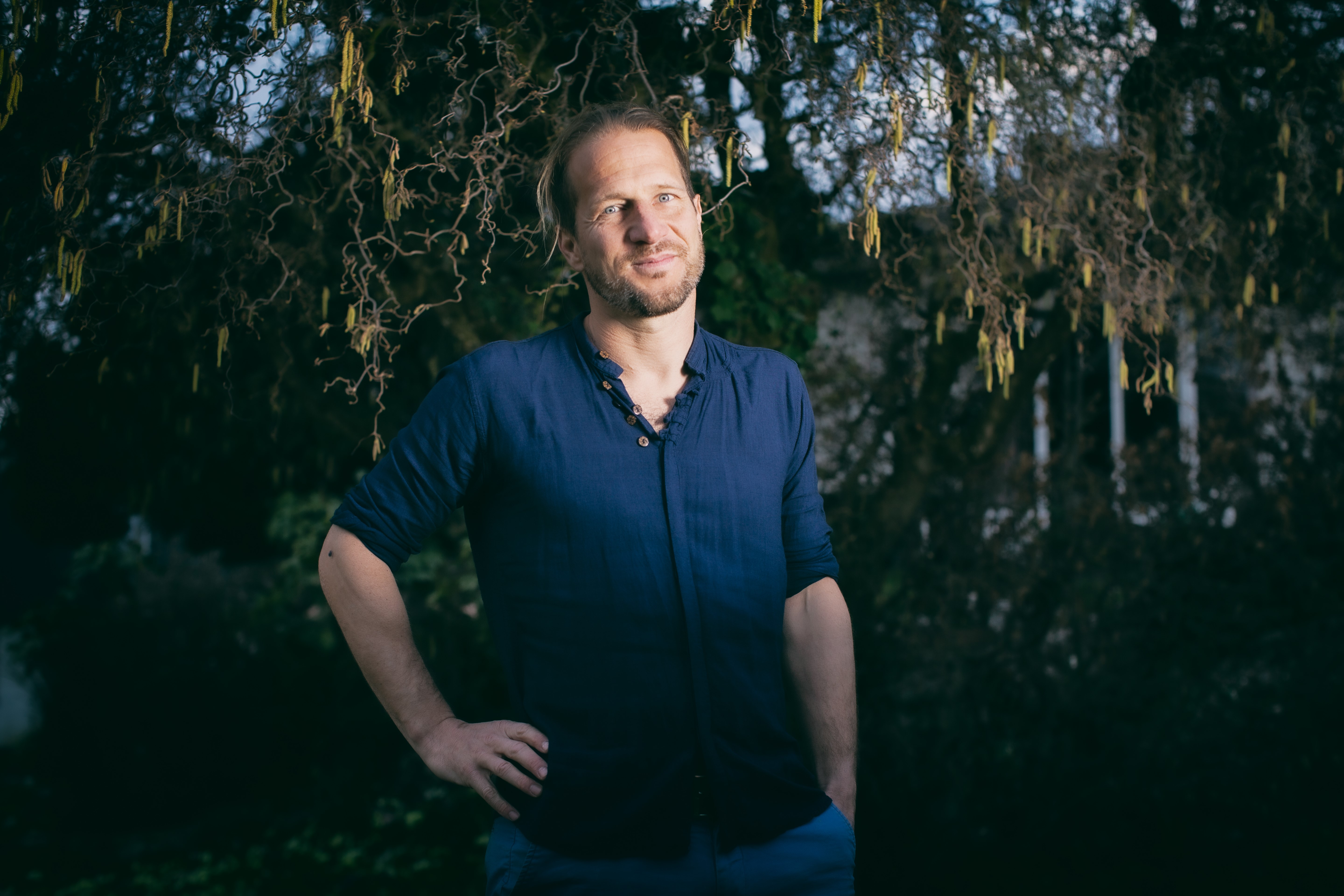
The biodiversity initiative, on which the Swiss will vote on September 22, has once again highlighted the gulf between rural and urban populations. Winegrower Blaise Hofmann explains the complex relationship between two worlds that don’t speak the same language.
Acts of vandalism, insults and even death threats marred the campaign leading up to the vote on the anti-pesticide initiatives in 2021. Hofmann, a writer and winegrower from canton Vaud, had a tough time. This unease gave rise to his book Faire Paysan (Being a farmer), which seeks to promote dialogue between town and country.
The biodiversity initiative, which aims to oblige public authorities to devote more space and resources to nature, has once again angered some farmers, who fear it will severely restrict food production. For their part, the majority of built-up areas are in favour, as shown by the first gfs.bern poll published in mid-August.
However, the campaign for the vote has got off to a peaceful start. Hofmann believes that relations between rural and urban areas are now calmer than they were three years ago, even if divisions persist.
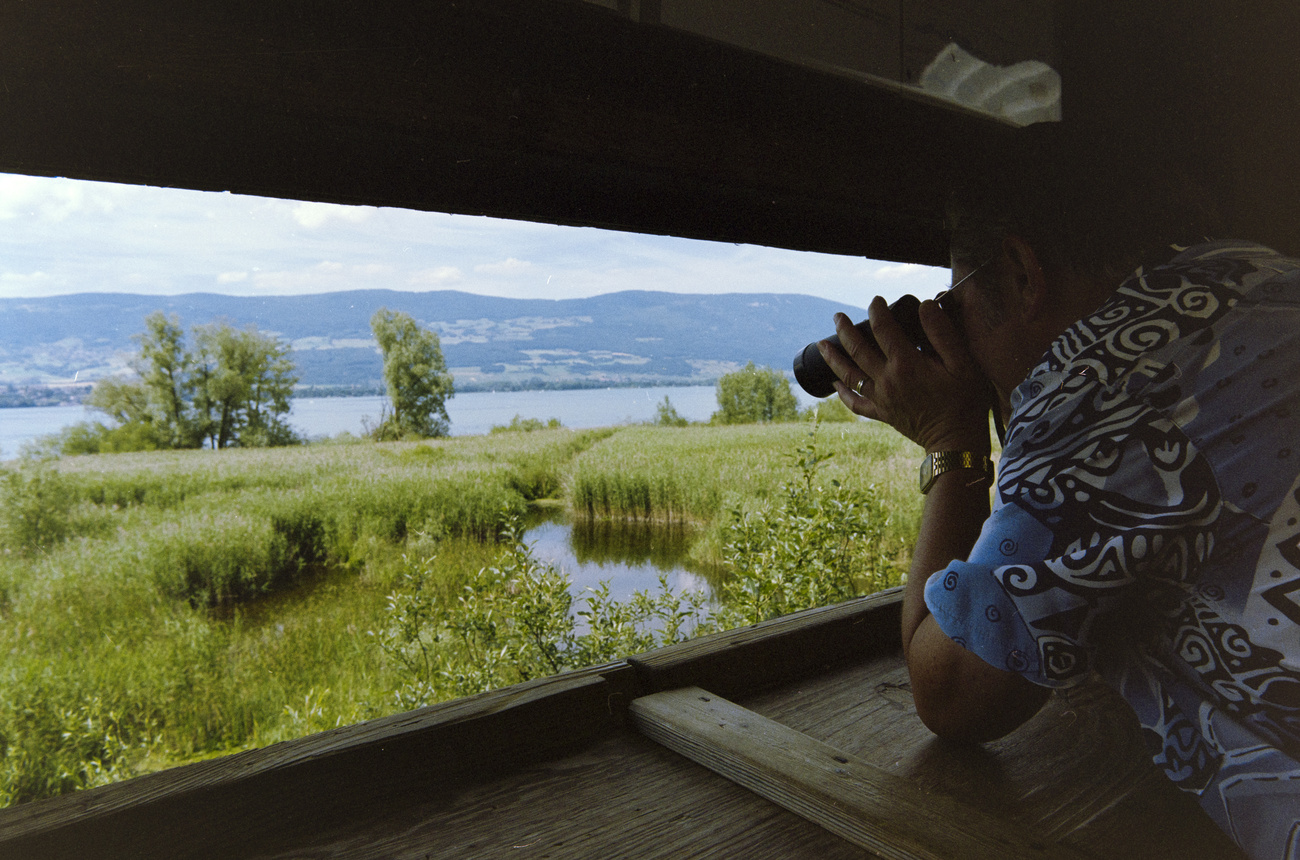
More
Swiss ‘biodiversity initiative’: extreme or essential for protecting nature?
SWI swissinfo.ch: Your own career has taken you across the divide between town and country. You are the son and grandson of a farmer, but you lived in the city for 15 years before moving back to the countryside near Morges in canton Vaud. How did you experience these changes?
Blaise Hofmann: I’ll always have a rural sensibility. You don’t lose that when you’ve grown up on a farm. I still have cousins who are farmers. I farm a hectare of vines. I used to be a sheep farmer. I’ve written a lot about rural life.
So the link with the farming world is there, but I know I’m not part of it anymore, because I’ve lived in the city, I’ve studied at university and I’m doing another job.
Today, I’m a writer-winemaker. So I’m halfway between the city and the farming world. I’ve realised that my unease is actually an asset. My position allows me to act as a bridge between the two worlds.
SWI: In your book Faire paysan you refer to the gap between town and country as the ‘new Röstigraben’, Switzerland’s linguistic divide. When did the countryside and the city start to understand each other less in Switzerland?
B.H.: I’d say 1996 was a pivotal year. The mad cow crisis was raging and causing a crisis of confidence among consumers, who were worried about the transmission of this bovine disease to humans. That same year, a large farmers’ demonstration was also suppressed by the police in Bern.
Above all, however, the Swiss people voted in favour of a new agricultural policy, which enshrined the system of direct payments [contributions paid to farmers in return for services provided in the general interest]. Farmers are no longer just the ones who feed the population, but also the ones who maintain the landscape. This has brought about a radical change in the way farming is perceived.
SWI: What are the reasons for this?
B.H.: On the one hand, people who are not in the farming profession feel that they are the ones who are financing agriculture with their taxes. On the other, farmers feel they are losing some of their legitimacy and dignity. In their minds, they got into this profession to feed people, not to be landscape gardeners. This creates tensions between farmers and others.
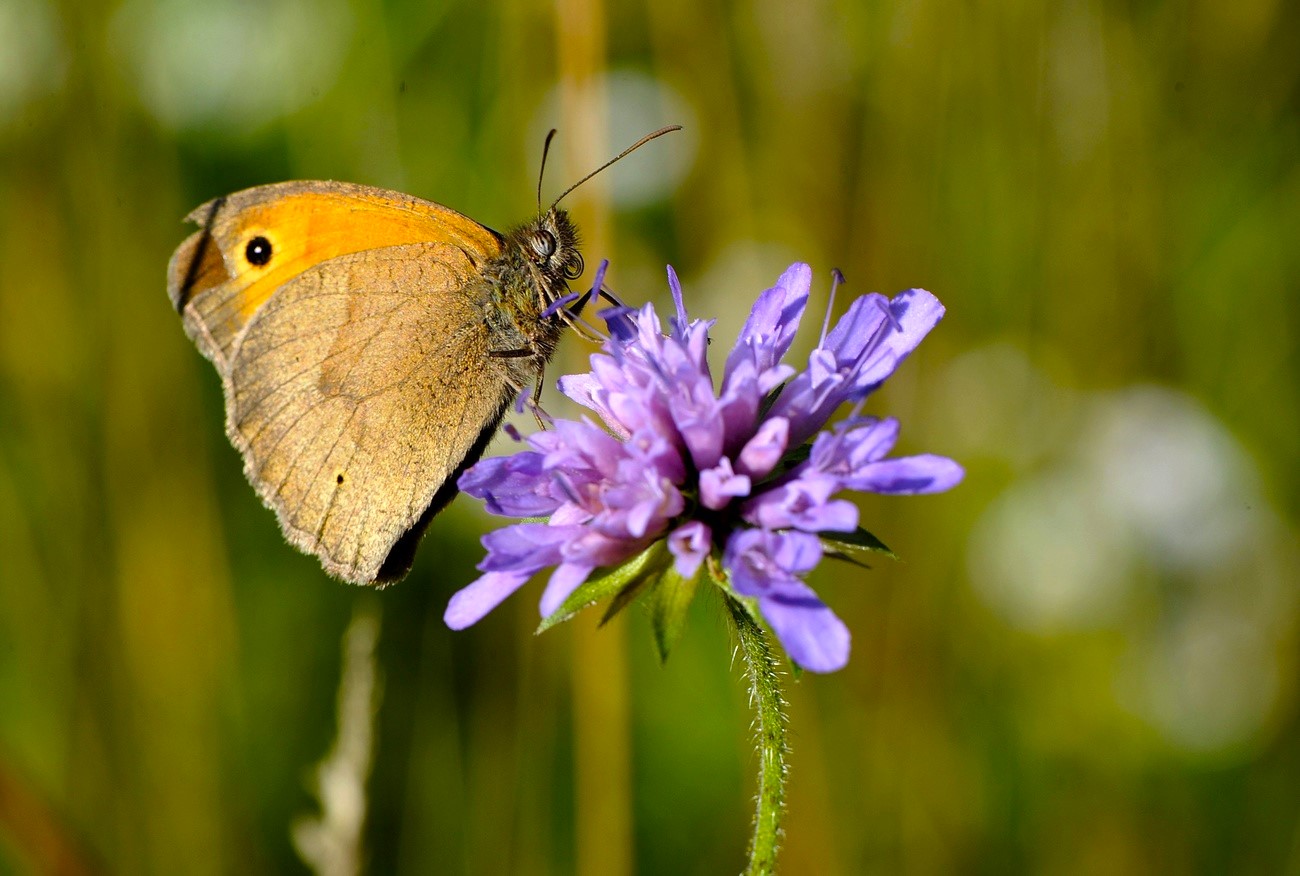
More
Biodiversity loss in Switzerland in six graphs
SWI: What do you think divides these two worlds?
B.H.: Only 2% of the population now works in agriculture. So we’ve lost the direct link. We live close to farmers, but we don’t necessarily know what they do. You don’t necessarily have a farmer friend who can explain it to you. As a result, city dwellers don’t understand what farmers do, and vice versa.
You can even see this distance in language. For example, a farmer will talk about “terroir” and a city dweller about “circuit court” (short cycle), a term that annoys farmers. We’re talking about the same thing, but we don’t have the same codes.
SWI: But don’t you have the impression that this divide is less marked in Switzerland than in other countries, such as the United States or France?
B.H.: Since writing the book in 2021, I’ve realised that these two worlds are still very much linked in Switzerland compared with other countries. Here, the towns are so small that everyone has some kind of link with the countryside: childhood memories, holidays, an acquaintance or a family member who farms the land.
There has also been an evolution since the pandemic. People have tried to grow things in their own gardens and have discovered direct sales. With the outbreak of war in Ukraine, there have also been more questions about food sovereignty. There are now also young farmers who approach their profession in a different way, who are better at communicating and who have acquired a greater awareness of biodiversity.
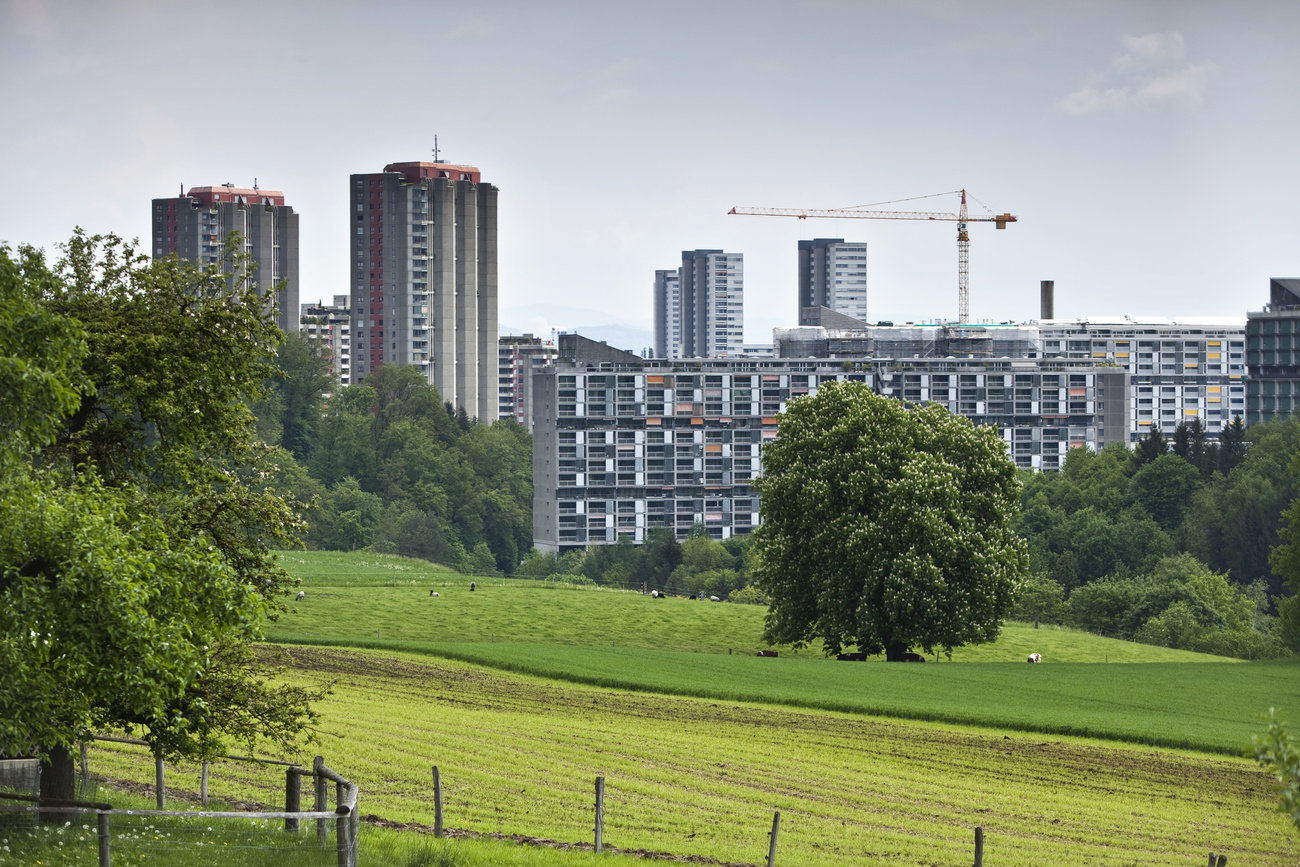
More
Why the rural-urban rift is less deep in Switzerland than elsewhere
SWI: You have met many farmers who are making efforts to modernise their farms and make them more sustainable. Does this get enough attention in the city?
B.H.: It’s true that city dwellers don’t see the efforts agriculture is making in terms of ecology. An ecological shift began 30 years ago. Admittedly, the change is too slow, but many steps in the direction of greater sustainability have been taken.
More and more plant protection products are banned, or are used more sparingly. There is already land devoted exclusively to biodiversity. Many farmers cultivate some of their plots organically, without actually holding the label. Hedgerows are being replanted, and agroforestry is being developed, combining trees and crops to better protect the soil.
However, these initiatives in favour of the environment need to be explained to people who are not in the business. Farmers could do more to communicate and popularise, and city dwellers should be more curious, not just go to the countryside to play sport and relax.
SWI: Do the farmers who stick to their guns and who don’t want to change still have a future?
B.H.: This type of farming is already disappearing. There is resistance, but it’s mainly among the older farmers. As in every profession, there are people who innovate, who like to take risks, and others who fear change. We mustn’t forget that the weight of tradition is particularly strong in working the land, because it’s linked to respect for elders. If we change our practices, we sometimes feel that we are disrespecting them.
Edited by Samuel Jaberg. Translated from French by DeepL/ts
More

In compliance with the JTI standards
More: SWI swissinfo.ch certified by the Journalism Trust Initiative
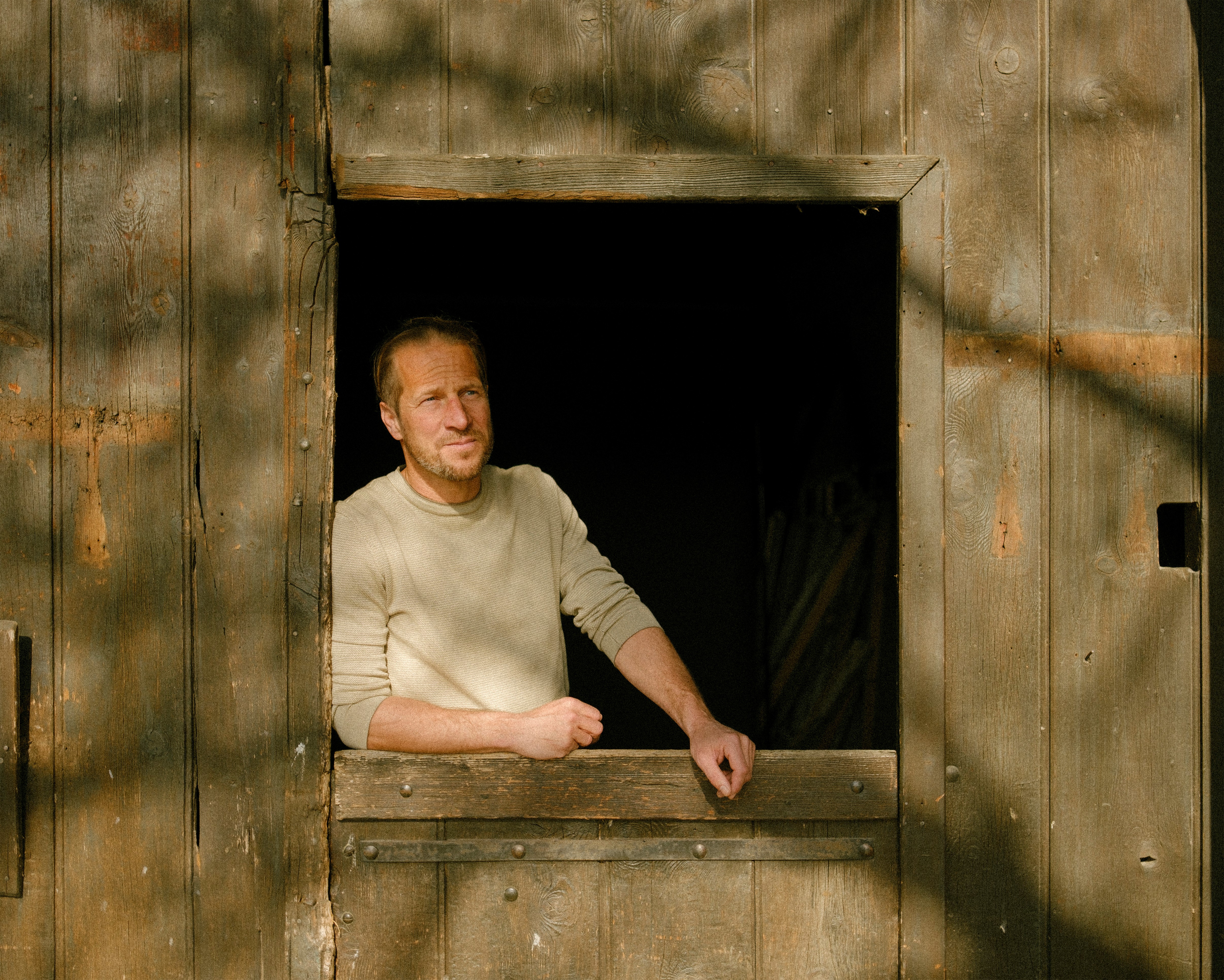
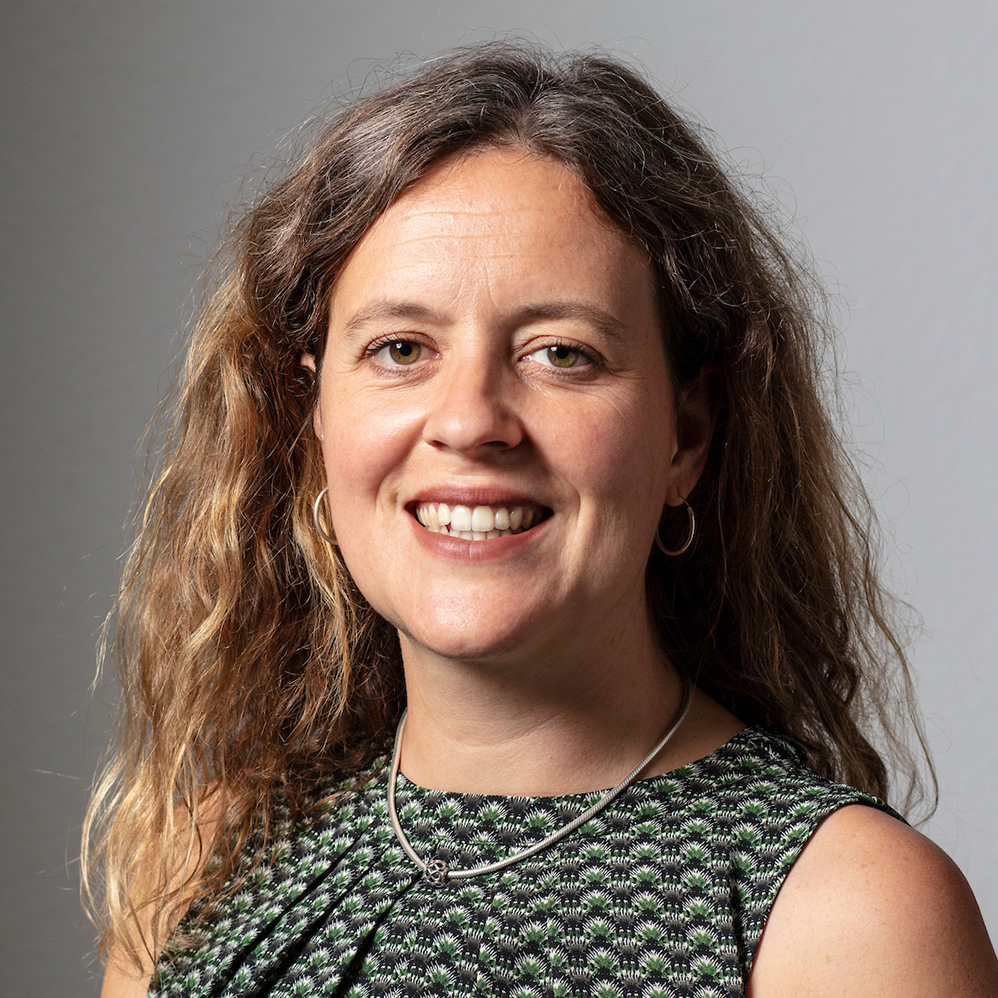
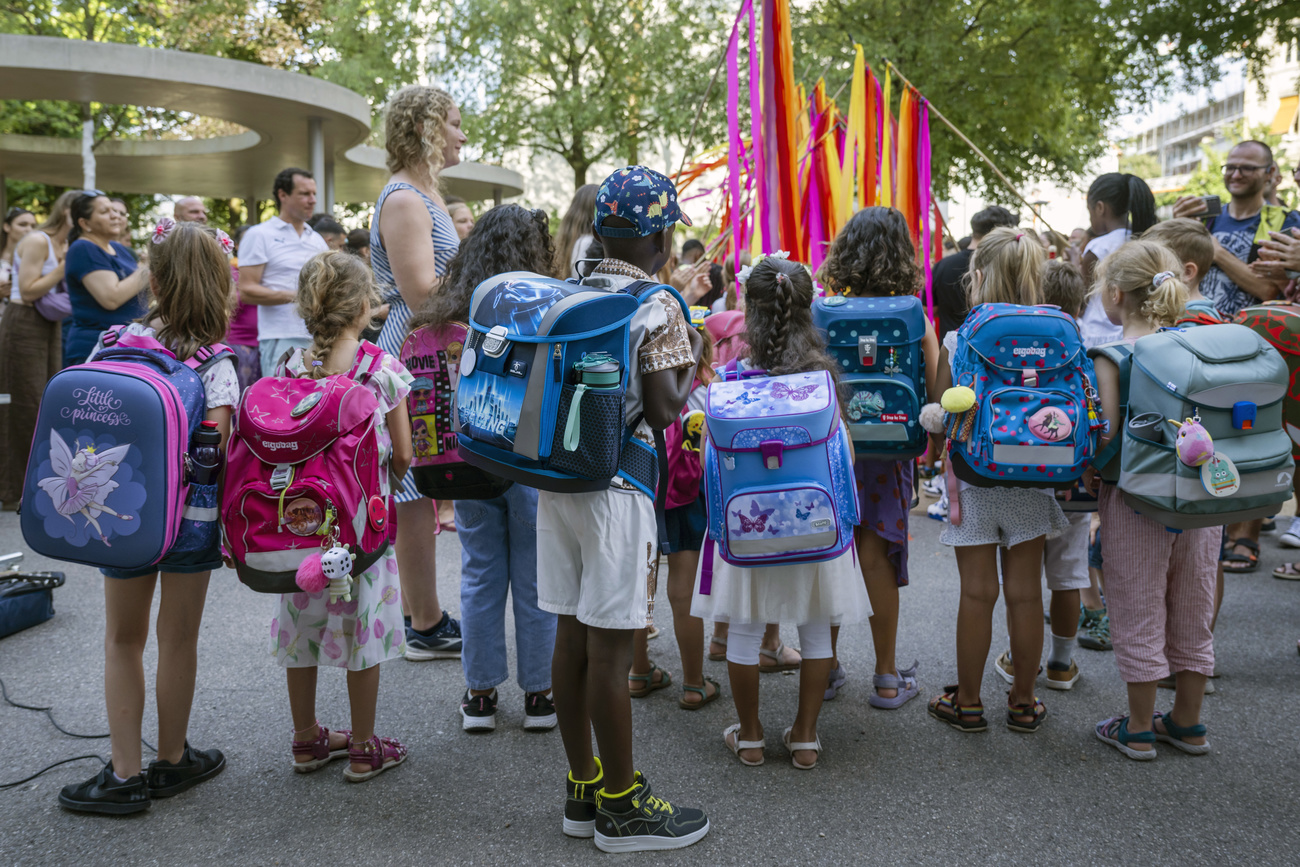





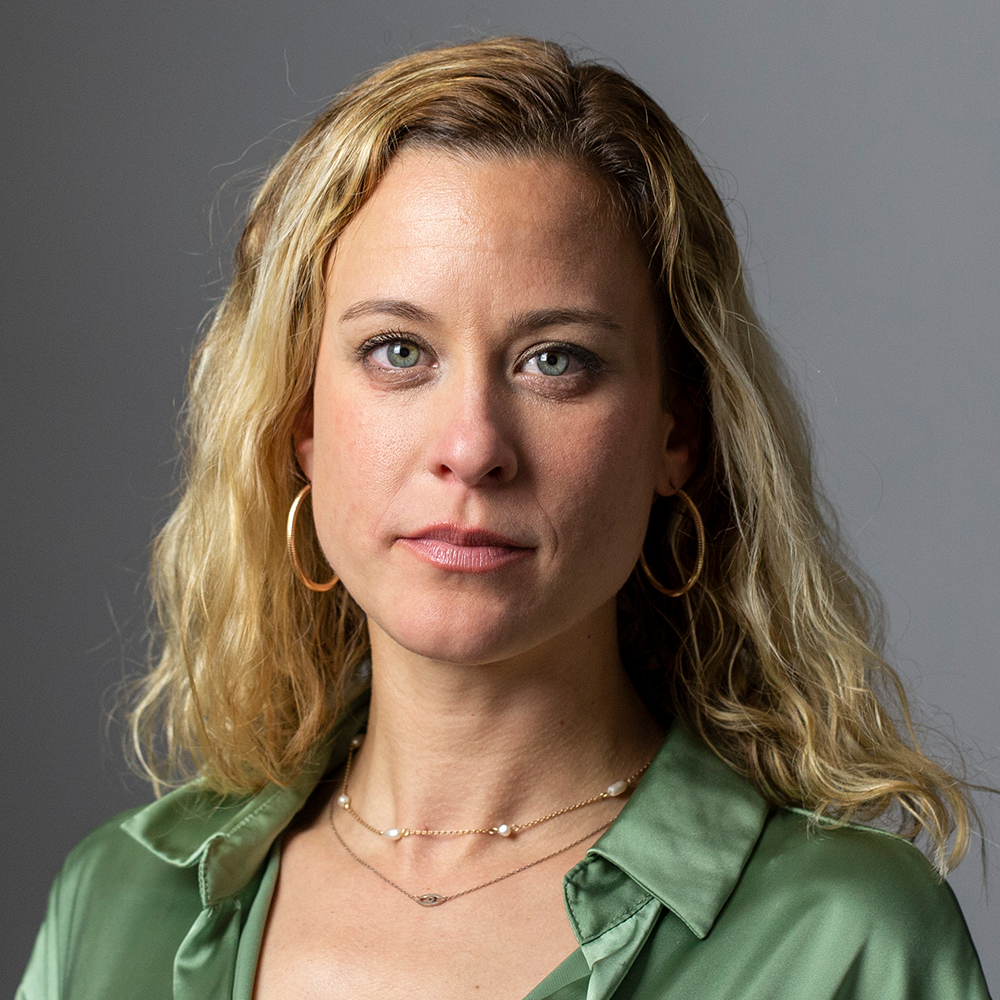
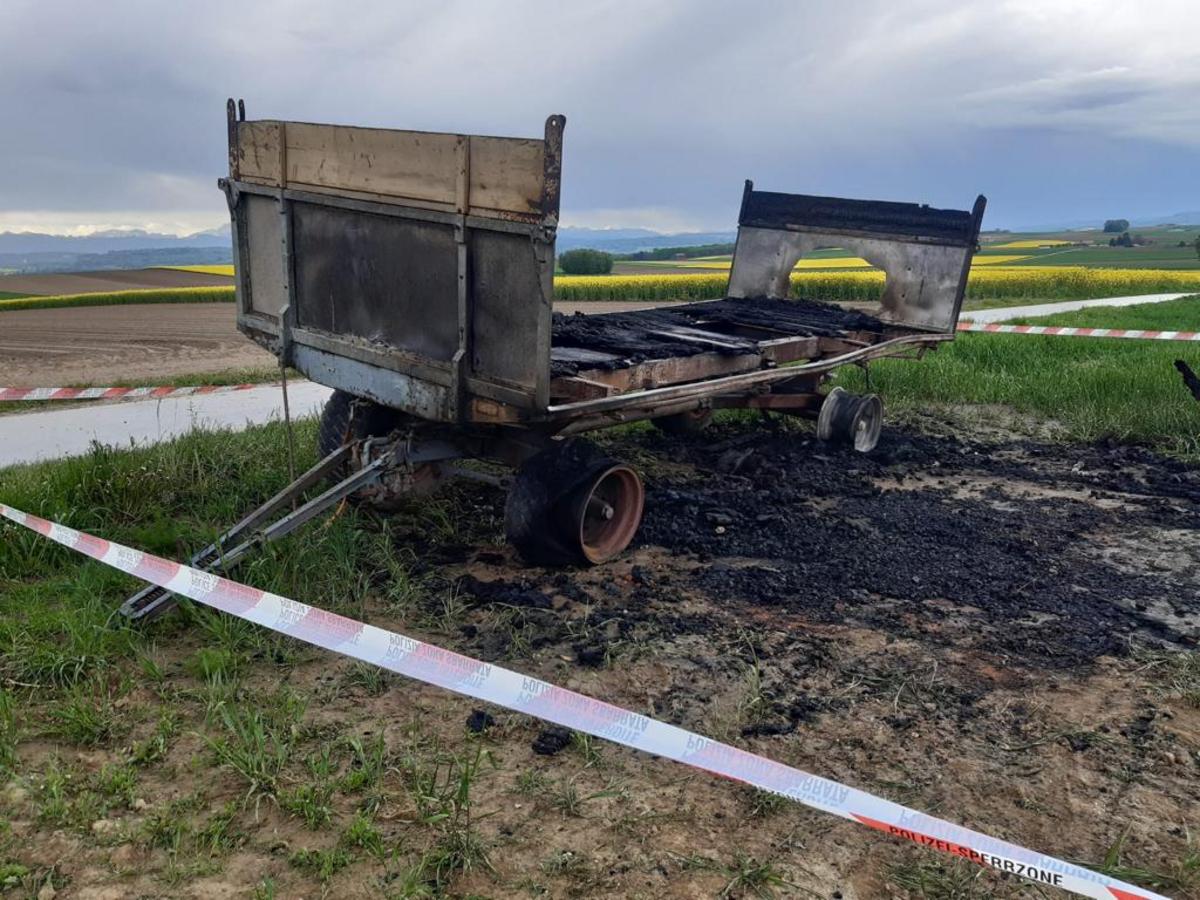
You can find an overview of ongoing debates with our journalists here . Please join us!
If you want to start a conversation about a topic raised in this article or want to report factual errors, email us at english@swissinfo.ch.